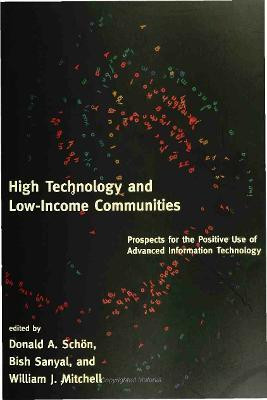High Technology and Low-Income Communities(English, Paperback, unknown)
Quick Overview
Product Price Comparison
How will low-income communities be affected by the waves of social, economic, political, and cultural change that surround the new information technologies? How can we influence the outcome? This action-oriented book identifies the key issues, explores the evidence, and suggests some answers. Avoiding both utopianism and despair, the book presents the voices of technology enthusiasts and skeptics, as well as social activists. The book is organized into three parts. Part I examines the issues in their socio-technical, economic, and historical contexts. Part II-the core of the book-proposes five initiatives for using computers and electronic communications to benefit low-income urban communities:- to provide access to the new technologies in ways that enable low-income people to become active producers rather than passive users;- to use the new technologies to improve the dialogue between public agencies and low-income neighborhoods;- to help low-income youth to exploit the entrepreneurial potential of information technologies;- to develop approaches to education that take advantage of the educational capabilities of the computer;- to promote the community computer: applications of computers and communications technology that foster community development. Part III presents a synthesis of the various topics. Its main questions are, What are the prospects and problems of initiatives to enable the poor to benefit from the new technologies? and What federal, state, and municipal policies would enhance the prospects for success?ContributorsAlice Amsden, Jeanne Bamberger, Anne Beamish, Manuel Castells, Joseph Ferreira, Peter Hall, Leo Marx, William J. Mitchell, Mitchel Resnick, Bish Sanyal, Donald A. Schoen, Alan and Michelle Shaw, Michael Shiffer, Bruno Tardieu, Sherry Turkle, Julian Wolpert


